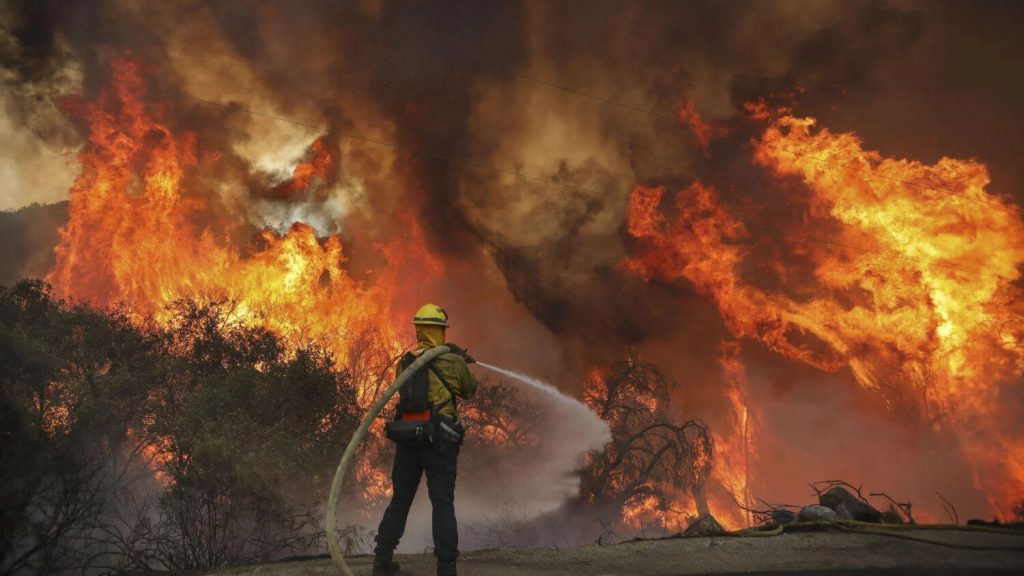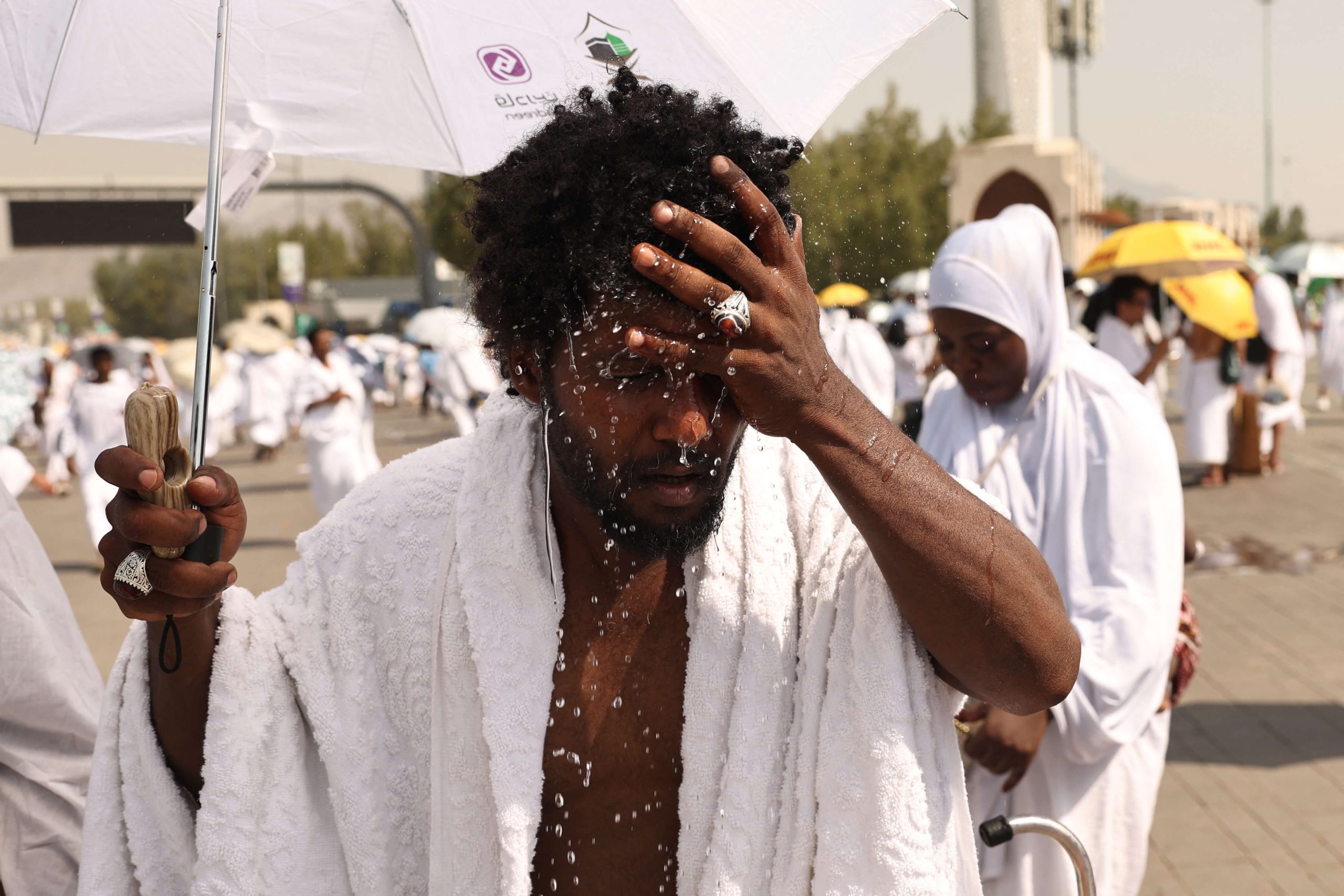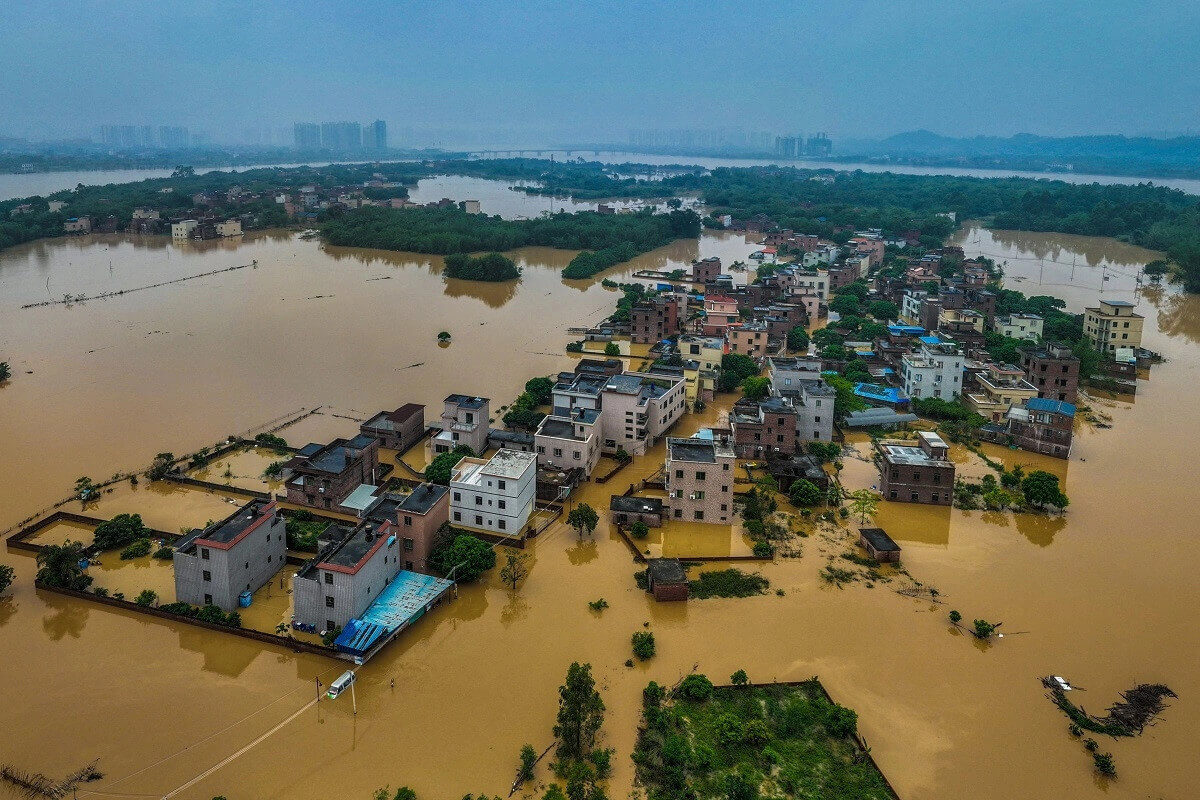The Canadian alpine resort town of Jasper found itself in the grip of wildfire on Wednesday evening. The blaze is part of a larger crisis unfolding across the western province of Alberta, where authorities reported over 170 active fires.
Jasper National Park took to social media to announce “significant loss” within the town, prompting thousands to flee their homes following an evacuation order issued earlier this week. The park authorities described the day as “exceptionally difficult” for residents and those connected to Jasper.
“We are sensitive that residents … and those with connections to Jasper want to know the state of their homes, businesses, treasures, and favorite places,” the park authorities stated, acknowledging the community’s anxiety. However, specific details about the damage were unavailable Wednesday night.
Canadian Prime Minister Justin Trudeau responded to the crisis on social media, confirming that Alberta had requested federal assistance. “We’re mobilizing every necessary resource available,” he assured.
By Wednesday afternoon, 59 of the fires were classified as “out of control,” with over 17,500 people estimated to be under evacuation orders, according to the Alberta government. This summer’s wildfire outbreak follows an unprecedented season last year, during which more than 45 million acres burned, affecting air quality across Canada and large parts of the United States.
The wildfire was driven into Jasper, a popular tourist destination in the Canadian Rockies with a population of about 4,500, by “strong wind gusts from the south and southeast,” according to an earlier post from Jasper National Park. The park urged visitors and residents, who were first ordered to evacuate on Monday, to leave immediately.
Kimberly Getz, 38, who spent many summer weekends in Jasper growing up, described the town as small, friendly, and “breathtakingly beautiful.” She watched the images coming out of the town in “shock and utter disbelief,” she said in a text message.
Getz’s great-grandfather, Donald “Curly” Phillips, settled in Jasper in the early 1900s and helped it become a tourist destination, building boats and lodges and opening a fishing and mountaineering business there. As the fire progresses, she worries about losing everything from her favorite candy store to the cabin her great-grandfather built. “It’s hard to even comprehend how much will be lost and how irreplaceable everything is,” she said.
Getz’s aunt Lorri Anne Maley-Bell echoed similar sentiments, crediting Jasper National Park with inspiring her to become an artist. She fears for the potential loss of life and the destruction of local history archives, which she says will “hit hard many Jasperites.
Katie Ellsworth, an incident commander with Parks Canada, told the Edmonton Journal that the wildfire “is significantly larger and more aggressive than the wildfires we’ve seen in the past few years,” and “has much closer proximity to the community.
By 8:30 p.m. local time, only some first responders could remain in Jasper due to deteriorating air quality, which required “wildland firefighters and others without self-contained breathing apparatuses” to evacuate to a nearby town, park authorities said on social media.
Up to 20 millimeters of rain is forecast in the next 24 hours, which the park hopes could “help to reduce fire activity.” Earlier Wednesday, suppression efforts by helicopter bucketing were not effective, and water bombers could not assist due to dangerous conditions.










